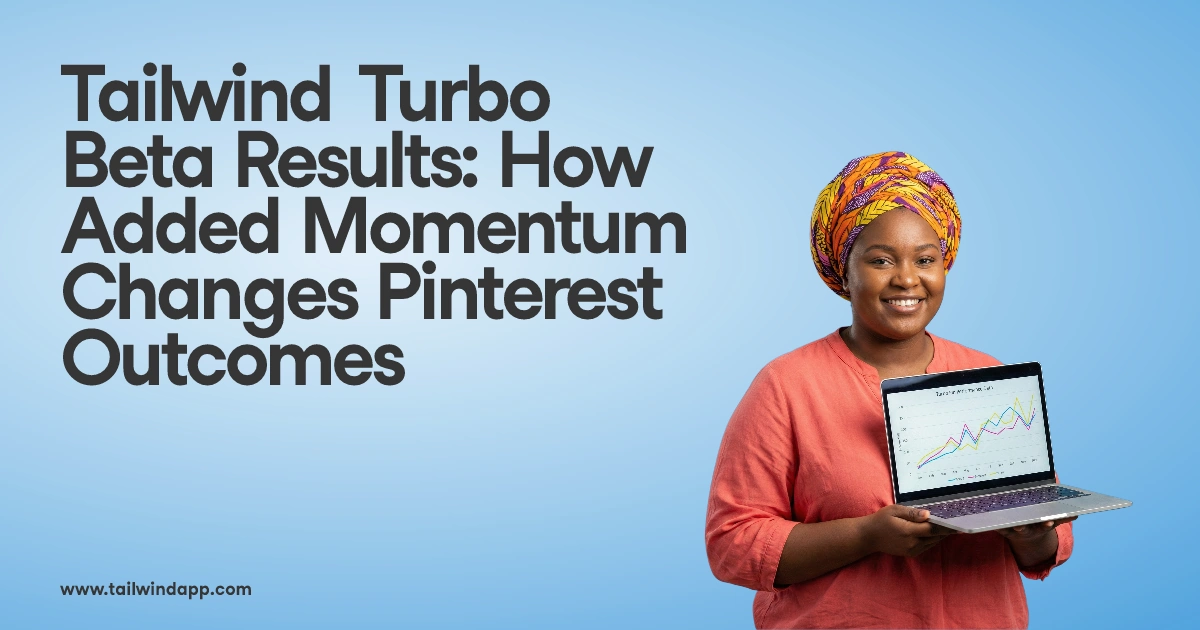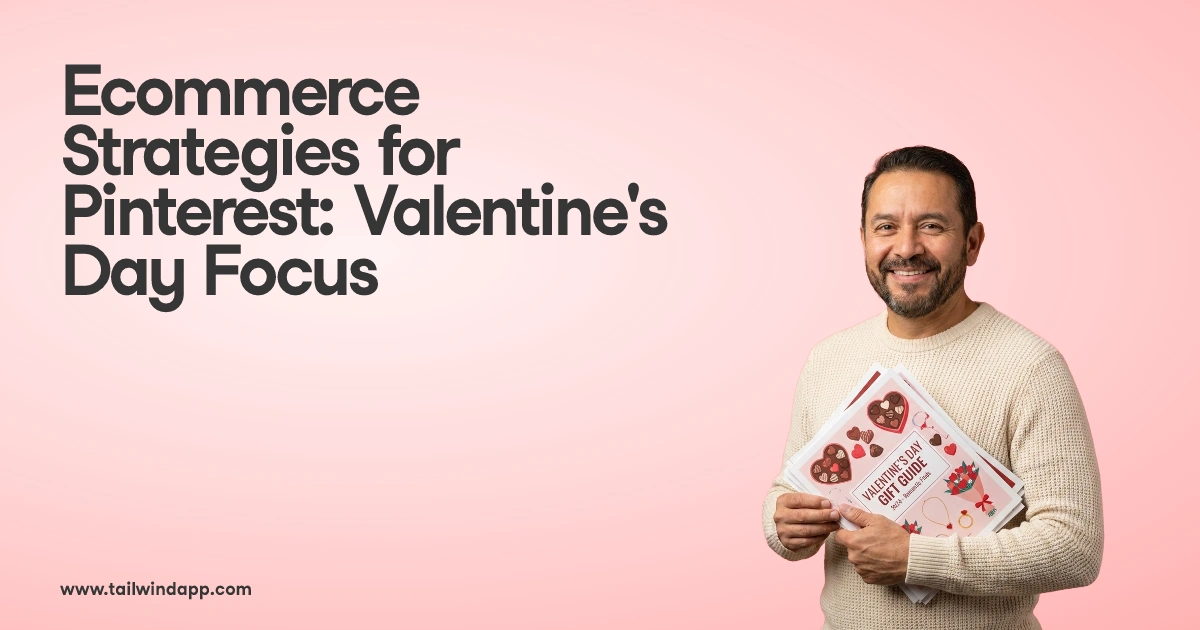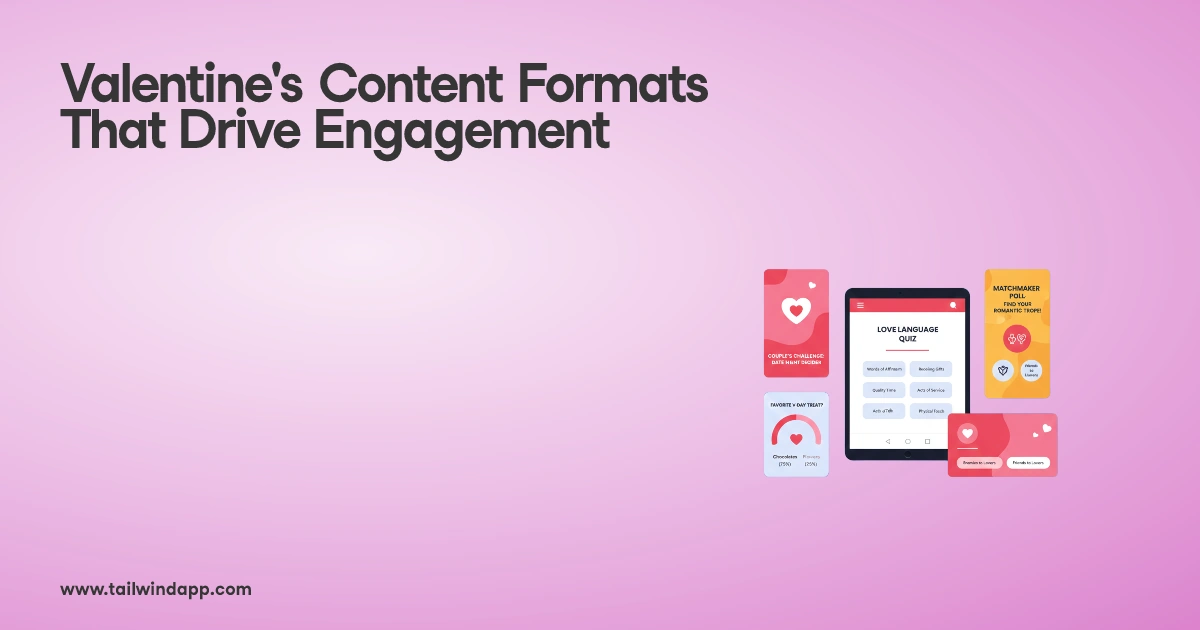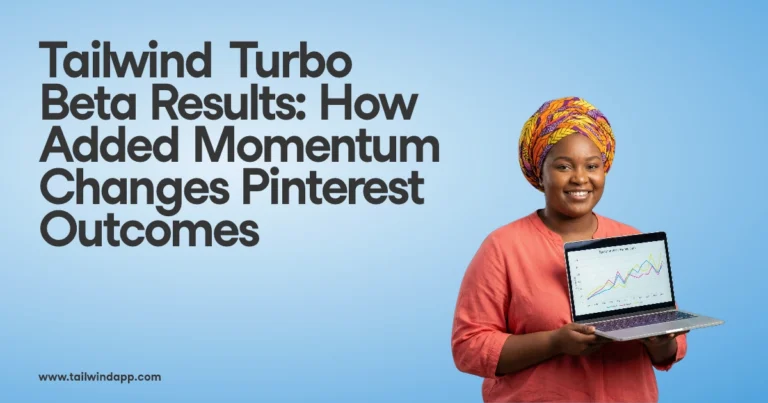Writing keyword rich descriptions for your Pins has been of the most important things you can do to attract traffic to your website from Pinterest. But with Pinterest changing the way it displays Pins and cutting off descriptions, is spending time writing descriptions still worth it?
Absolutely.

Although what we’re seeing on Pinterest has changed an unbelievable amount lately, the way Pinterest works when it comes to keywords and search engine optimization (SEO) is still relatively unchanged. As an SEO expert and Pinterest aficionado, I’m putting my money on descriptions still being important for a long time to come on Pinterest.
Pinterest SEO Still Essential
If your goal is to get more traffic to your website from Pinterest, you want to give your content as many opportunities to be clicked as possible. That means optimizing your Pins to make them show up in Pinterest search, appear in the Smart Feed, and making them as Repinnable as possible both on your website and on Pinterest. In short, it means Pinterest SEO.
While it’s a long laundry list of things you want to do on Pinterest, writing descriptions can go a long way towards helping you get your desired results.
Descriptions Tell Pinterest What You Want it to Know
Pinterest is, as I’m sure you’ve heard before, a search engine (although it’s definitely not Google). Like other search engines, Pinterest uses contextual clues to understand what your Pin is about and whether it’s something other Pinners would like to see.
Enhance Your Descriptions with a Pinterest Keyword Tool
Pinterest descriptions are still a vital part of your strategy, and using the right keywords makes them even more powerful. This Pinterest keyword tool helps you find the exact terms your audience is searching for, so your descriptions can drive more engagement and visibility.
How Pinterest Knows What your Pin is
- The description
- The image
- The Pin’s link
- The boards it is Pinned to
- Pin engagement, including Repins and likes
Images are and will always be the most important part of Pinterest from a Pinner’s perspective. After all, we’re on Pinterest to discover new things visually. But images aren’t the only thing Pinterest looks at to determine if your Pin is valuable to other Pinners.
Although Pinterest can use image detection tools to identify the image, it is still imperfect. Try visual searching a picture of frosting. It’ll likely turn up Pins of ice cream, bread dough or even mashed potatoes!
Pinterest can’t figure out the meaning of a Pin from the image alone. That’s where words come in. Pinterest looks at the words in your Pin, like the description, Rich Pin information, board title and other words to understand your Pin.
Even though Pinterest is truncating descriptions, descriptions are still there in their entirety. They’re functioning much more like meta data behind the scenes of a website that Google or other search engines read to understand more about a site—but that doesn’t show for you or I looking at the website.
The best way to tell Pinterest what your Pin is about is through words. Why leave Pinterest to its own devices when you can better control how Pinterest understands your Pins?
Words are the best way to tell Pinterest what your Pin is about. Click to TweetIncluding keywords in your description and board name can go a long way to helping Pinterest understand why your Pin is relevant and that it should be shown to more Pinners.
What’s the Deal with Truncated Descriptions?
Even though behind the scenes Pinterest is still using words to create their platform, users have always focused on the images. Today’s Pinterest design is a much less noisy space with a tighter focus on the visual aspects of Pinterest.
When testing on the iOS app:
- In the feed or search, descriptions are 3 lines of about 26 characters
- Rich Pins don’t show a description until you click on the Pin itself
- On an individual Pin page, descriptions are 4 lines of roughly 40 characters

So with the renewed focus on visual, do Pinners still read descriptions?
Think of it this way: if you’re on the fence about clicking on a Pin, what do you look at to decide to click? Personally, I look at the description to see if it looks spammy, broken or irrelevant to what I want before clicking through. There’s little more frustrating for a Pinner than clicking through and ending up on a spam website or something that had nothing to do with the Pin.
Even though they’re shorter, descriptions are still valuable for your website beyond keywords. A good description might be the nudge someone needs to click through.
A good Pin description might be the nudge someone needs to click through. Click to TweetPut your Keywords at the Front of your Pinterest Descriptions
It’s still worth writing Pinterest descriptions. They can result in more exposure and a higher click through rate (CTR). But now that Pinterest is truncating descriptions, it’s more important than ever to place keywords at the front of your descriptions and keep calls-to-action short and sweet to increase clicks.
SEOs know that search engines attribute more relevance (importance) to keywords that users can actually see (and read) on the page. They do this to stop spammers from hiding keywords in non-visible parts of their content (like the now truncated part of your Pin’s description). Following that logic, you’ll want to use your most important keywords in the visible part of your Pin description.
You have less time to capture a Pinner’s attention with a description now. So how do you capture attention, get in your keywords and encourage action with less of your Pin description visible?
Make descriptions shorter
Now that descriptions are truncated, you want to make your descriptions short and to the point. Treating them like a descriptive subtitle is a great way to think about how to write better descriptions.
Put keywords towards the front of your description
When people are searching for particular ideas or concepts, they’re trying to match up what they want to what they see. The easier and quicker you can help people make the connection, the more clicks your content will likely receive.
Add a call-to-action at the end, if space allows
Calls-to-action can help you gain more click-throughs from your Pins, both in the image itself and in your description. But now that we’re short on space, a call-to-action in your description is less important than making sure your description accurately describes what’s behind the Pin to encourage click-throughs. If space allows, you can add a call-to-action as the final phrase of your description that will show if someone clicks through to see the individual Pin before clicking through to your site.
A call-to-action is less important than keywords that accurately describe what’s behind your Pin Click to TweetNo matter what your perspective on Pinterest’s changes, it’s important to stay the course and keep up with best practices. Write descriptions, create great graphics, and keep on building your Pinterest profile up with curated content your audience loves. You’ll be well on your way to Pinterest success, no matter what changes may come.
You may also enjoy Pinterest SEO: How to Build a Strong Foundation
How do you feel about the truncated descriptions? Let us know in the comments!






